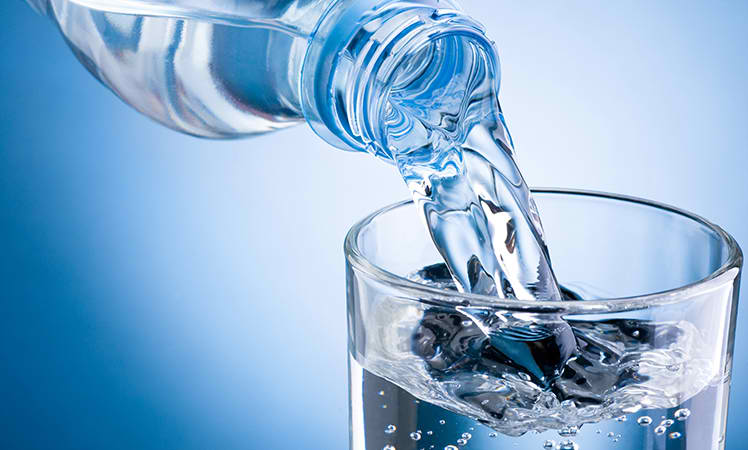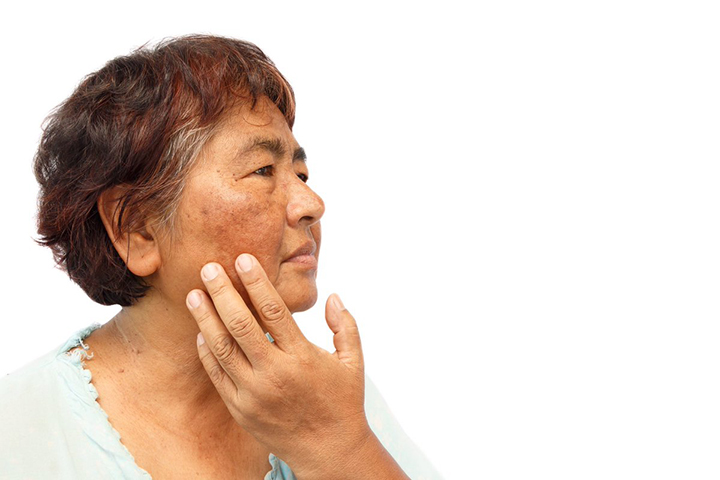Adrenal insufficiency occurs when the adrenal glands right above the kidneys have trouble with hormone production. They may not produce enough cortisol, leading to all kinds of biological and physical symptoms.
The lack of cortisol production can cause insufficient aldosterone in the body. This particular hormone controls the amount of sodium, potassium, and water in the body.
Adrenal insufficiency is often a byproduct of Addison’s disease, a chronic condition in which the adrenal glands don’t secrete the hormones.
Food & Nutrition Diet (Meal Plan) for Adrenal Insufficiency (Addison’s Disease)
#1 Recommended Breakfast Diet for Adrenal Insufficiency

When following a diet for the biological condition, it’s important to choose foods that will assist the adrenal process along. It will be helpful if the individual figures out which foods trigger the condition.
This may include factors that cause nausea and other digestive issues, fatigue, as well as aches and pains.
Most doctors consider breakfast to be the most important meal of the day, especially for those with adrenal insufficiency. A meal of whole grain toast, organic yogurt, and nuts and seeds provides healthy fats and protein the body needs to perform at its best.
Some patients like to take a probiotic supplement with their breakfast to improve gut health.
#2 Recommended Lunch Diet for Adrenal Insufficiency

The consensus for an adrenal insufficiency diet includes lots of protein, as well as adequate whole grains and loads of veggies. This is a healthful diet for just about anyone, but it will be particularly beneficial for those struggling with the condition.
Focusing on balanced meals is the first step towards adopting this kind of eating plan.
As for lunch, organic meats are a good protein choice. Beef, chicken, and fish are some examples that can pair well with whole grain, such as bread, pasta, or rice.
Eggs are another protein source that incorporates some healthy fats. Don’t forget the veggies either; mix it up with lots of colorful foods to round out the meal. For instance, a salad with hard-boiled eggs or shredded chicken is a winner.
#3 Recommended Dinner Diet for Adrenal Insufficiency

Beef stew or chicken soup can work well for dinner, especially since lots of people with adrenal insufficiency need to increase their salt intake.
Constant trips to the bathroom could be depleting the body of sodium, so replenishing this through food is one way to fight off symptoms.
Rice and beans with some non-starchy vegetables is another example of a great dinner. Again, stews and soups are clever ways to get enough nutrients while supporting the loss of sodium.
#4 Recommended Snack Diet for Adrenal Insufficiency

Lots of people like to snack on fruit, and this is fine for most individuals. However, those with adrenal insufficiency need to be a bit more careful.
Dried fruits contain lots of concentrated sugar, so they are not an ideal choice.
Low-sugar fruits are the way to go; some examples include apricots, berries (blueberries, cranberries, raspberries, strawberries), guava, and kiwi.
Organic dairy can be a great snack choice, such as string cheese or yogurt. Opt for low-sugar or sugar-free Greek yogurt for less added sugars and more protein.
#5 Recommended Drinks for Adrenal Insufficiency

Caffeine is usually a no-go for people with this condition because it creates a lot of extra work for the adrenal glands and the endocrine system as a whole.
When caffeine enters the system, the adrenal glands produce cortisol as if the body were in a fight or flight scenario. This rapidly depletes the glands and can exacerbate adrenal insufficiency symptoms.
Of course, staying hydrated is crucial, so focus on water and try sprucing it up with some lemon or lime added in for taste and electrolytes.
Kombucha is a beverage that many people drink to improve their digestive health, and it can be useful for adrenal insufficiency patients, too.
#6 Recommended Herbs for Adrenal Insufficiency

Herbs provide a natural remedy against symptoms, so they are definitely worth a shot. Licorice balances the body’s cortisol levels and improves the lining of the gut, making it a digestive aid as well.
Higher levels of licorice can have a negative effect on the kidneys, so daily small amounts (1.75 to 5.25 grams) are ideal.
Gingko is a great natural remedy for stress, which can come in handy for people whose adrenal glands are releasing too much cortisol. Clients can take the herb in tablet or liquid form.
Ashwagandha is another herb that helps with stress, and it can also improve sleep. It might prove useful for patients who are struggling to keep their energy levels stable due to poor sleep at night.
#7 Recommended Fruits for Adrenal Insufficiency

Again, low-sugar fruits are the way to go. Berries are wonderful because they are lower in natural sugars and they complement yogurt and smoothies well.
They also make for a yummy snack or dessert, or addition to breakfast. Kiwi, guava, and apricots are other options, although patients should stay away from dried apricot.
#8 Recommended Vitamins for Adrenal Insufficiency

Vitamin C never lets the body down, and for clients, it can ease inflammation in the endocrine system.
Another vitamin, D3, supports healthy hormone function, as does zinc. These vitamins come in tablet form, and they are also found in meat, legumes, dairy, shellfish, nuts, seeds, and eggs.
Getting outside increases exposure to vitamin D, and it can help regulate energy levels.
#9 Recommended Minerals for Adrenal Insufficiency

Calcium aids blood pressure, as well as levels of potassium and magnesium in the body. Magnesium is a natural stress buster and can improve patients’ sleep quality.
However, too much magnesium can reduce sodium levels in the body, so clients need to be careful. A good balance is about 450 mg of the mineral per day.
#10 Discouraged Foods for Adrenal Insufficiency

Patients should avoid processed foods, such as refined sugar and starches. Caffeine and soda, as well as artificial sweeteners, put too much stress on the adrenal glands, and should not have a place in the diet.
Alcohol can disrupt sleep, and hydrogenated fats and oils are pro-inflammatory. The best course of action is to opt for natural, whole foods in a variety of colors for all meals.
*If you have any concerns or questions about your health, you should always consult your doctor before making any changes to your diet or nutrition program.
- READ MORE




